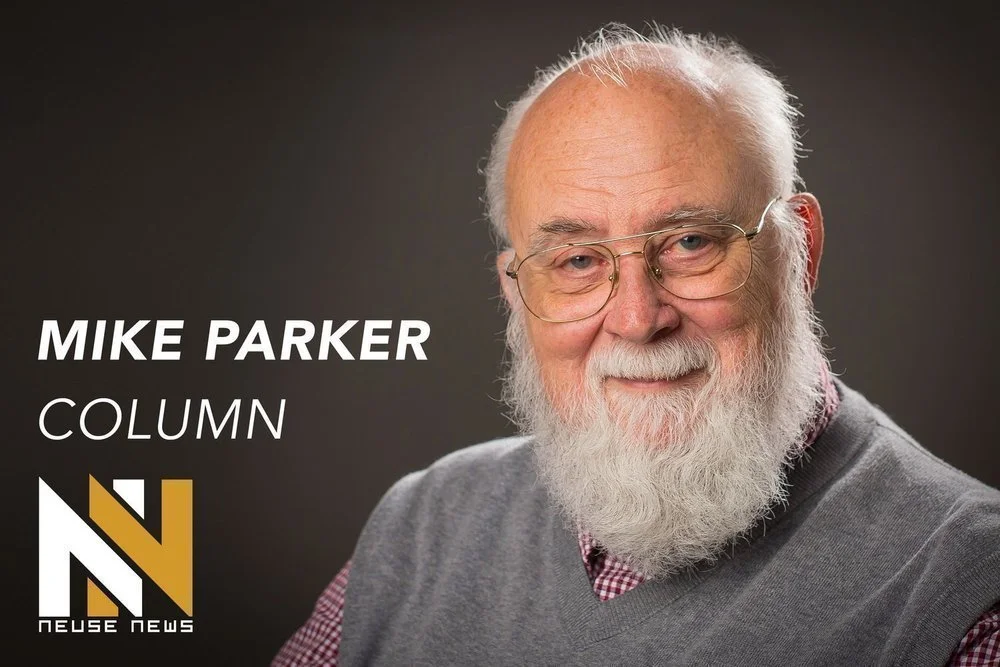Mike Parker: 250 years ago, Washington appointed Commander-in-Chief
Yesterday – Sunday, June 15 – marks the 250th anniversary of George Washington’s appointment from the Second Continental Congress to serve as the Commander-in-Chief of the Continental Army.
We are so inundated by those with military experience today, we have trouble understanding how few had military field experience 250 years ago. George Washington was an exception.
In 1753, Lieutenant Governor Dinwiddie of Virginia ordered Washington, a young, ambitious 21-year-old, to go on a mission deep into the Ohio Country to confront the French. Washington’s account of his journey to Fort Le Beouf and back made Washington a celebrity on both sides of the Atlantic.
In 1754, Washington’s surprise attack upon a small French force at Jumonville Glen and his subsequent surrender to French forces at the Battle of Fort Necessity helped spark the French and Indian War. America’s French and Indian War was a small part of the larger imperial conflict between Great Britain and France known as the Seven Years’ War. In 1755, Washington accompanied Major General Edward Braddock on his ill-fated march on Fort Duquesne.
During the French and Indian War, Washington learned many important military lessons that he would incorporate into his strategies during the American Revolution. As part of Braddock’s command, Washington took the opportunity to read military manuals, treatises, and military histories. He practiced the art of creating clear and effective orders by transcribing orders issued by more experienced British officers around him.
Washington’s French and Indian War experience taught him about how to organize supplies, to dispense military justice, to command, to build forts, and to manage subordinates. These skills became important when Washington served as Commander-in-Chief.
In researching Washington’s life, I learned that his father died when George was only 11. He had two older half-brothers who had received a classical, Latin-based education at the Appleby School in England. This option for schooling was not open for George.
Instead, private tutors and possibly a local school in Fredericksburg provided the only formal instruction George Washington received. In addition to reading, writing, and basic legal forms, Washington studied geometry and trigonometry. These mathematical courses served an important preparation for his career as a surveyor.
While serving in the British Army during the French and Indian War, Washington grew frustrated. He did not understand why Virginians with the same rank were paid less than those with royal commissions.
Only a few months later, the army underwent restructuring and Washington was demoted. Instead of serving as lieutenant colonel as he had been doing, he would become a captain of one of ten Virginia regiments. Even more humiliating, anyone with a royal commission who held the same rank as Washington would outrank him, regardless of the field experience of the one holding a royal commission. Although he wanted to remain in the army, because of the unfairness of the system, Washington decided he must leave.
Washington was not a fire-brand revolutionary along the lines of Sam Adams, but he firmly believed that the lack of British respect for the rights of the people of the colonies posed a threat to the safety and security of the colonists. Since he was a man of deep principles, he joined the American Revolution as a way of securing the fundamental rights of the colonists.
Despite having little practical experience in managing large, conventional armies, Washington proved to be a capable and resilient leader of the American military forces during the Revolutionary War. Even though he lost more battles than he won, Washington employed a winning strategy that produced victories at the Battle of Trenton in 1776 and Yorktown in 1781.
George Washington died on December 14, 1799. On December 26 of that year, at the request of Congress, Henry Lee delivered Washington’s eulogy and described Washington in these famous words:
“First in war, first in peace, and first in the hearts of his countrymen.”
Mike Parker is a columnist for the Neuse News. You can reach him at mparker16@gmail.com.



